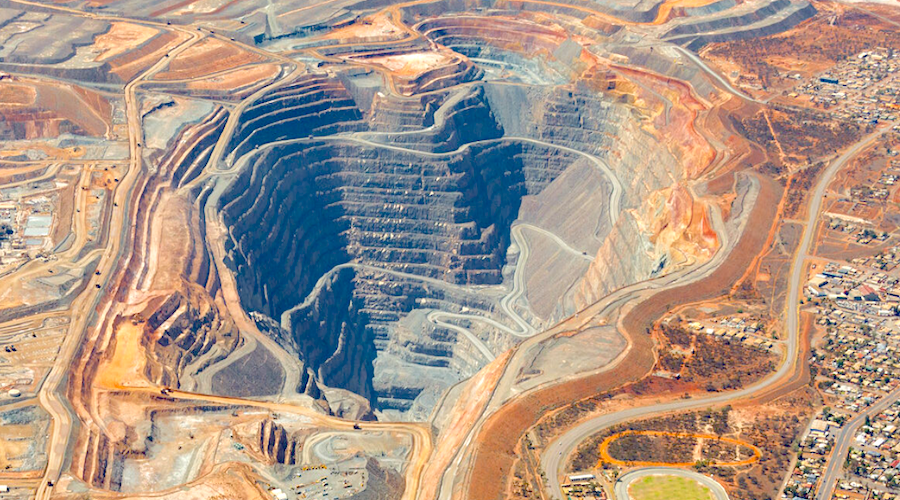Canada must open mining to First Nations to remain competitive— study
Canada may be the top mining destination for investors worldwide, but it is not doing enough to keep its crown as it still needs to allow more private ownership of mineral rights, particularly from First Nations, a new study released Thursday shows.
According to the Fraser Institute, the country’s industry is fraught with uncertainty related to land claims and consult processes involving First Nations. The result, says Kenneth Green, senior director of energy and natural resources at the public policy think-tank, is often “endless rounds of negotiations with no end in sight.”
In the study, Divergent Mineral Rights Regimes, the expert notes that providing First Nations with private ownership of mineral rights will create a framework grounded in property rights and common law, which would bring clarity to negotiations between those groups and miners over project development.
The document also shows how the difference in mineral law and policies between Canada and the United States produces more desirable outcomes across the border.
Mineral rights in Canada belong to individual provinces (the Crown) but can be leased to miners, allowing them to develop the resource. The companies, however, must negotiate within this Crown-based ownership system, making development of mining opportunities in First Nations jurisdictions particularly challenging, the study says. By comparison, mineral rights in the US are privately owned, which makes land claims disputes less of a deterrent to mining investment.
Last year the province of British Columbia was the scenario of numerous protests and blockages aimed to prevent companies from exploring and mining in what aboriginal groups consider “sacred land.” One of the most touted cases was the Tahltan Elder-led First Nations group action against a joint venture between Vancouver-based Fortune Minerals (80%) and Posco Canada Ltd. (20%), a subsidiary of Korea’s POSCO, which is one of the world’s largest steel producers.
Another high-profile case was Taseko’s (TSX:TKO) New Prosperity mine proposal, which was branded as “significant adverse” to the environment by the federal government in November last year.
Despite the tensions, a recent report showed the resource industry employs more aboriginal people than any other sector in BC.
Top image by Chris Howey/Shutterstock.com
{{ commodity.name }}
{{ post.title }}
{{ post.date }}






Comments